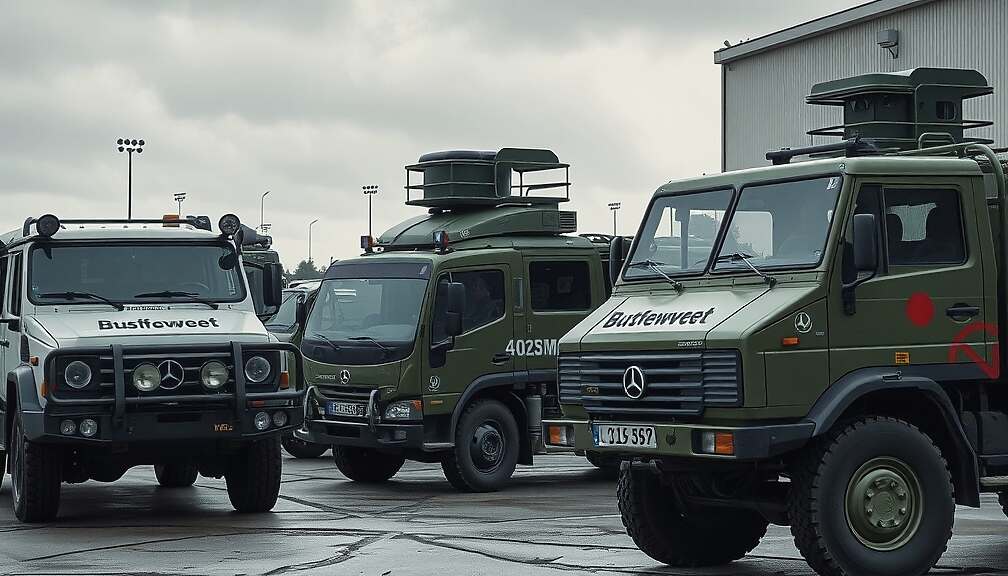The German Bundestag is poised to approve a package of four major procurement projects for the Bundeswehr (German Armed Forces) on Wednesday, totaling approximately €7.5 billion. The move, detailed in government documents obtained by POLITICO, signals a continued and potentially problematic, push for rapid military modernization amidst ongoing geopolitical tensions.
The largest single contract, valued at roughly €3.5 billion, is awarded to General Dynamics European Land Systems (GDELS) for a new reconnaissance vehicle for the Heer (Army). While the inclusion of German companies Hensoldt, Rheinmetall and Esigma Systems for sensor technology, weapon systems and training equipment acknowledges domestic industry involvement, critics argue that the considerable reliance on GDELS raises questions about strategic independence and potentially limits opportunities for smaller German defense firms. The phased delivery, starting in 2028 and extending to 2032, highlights the long-term commitment to this acquisition but also risks obsolescence given the rapid pace of technological advancement.
Another significant project involves the “Schakal” armored vehicle, a fusion of the Boxer chassis and Puma turret, manufactured by ARTEC GmbH, a joint venture between Rheinmetall and KNDS Deutschland. The €3.4 billion allocation for 150 vehicles, slated for delivery between 2027 and 2031, is intended to equip the Bundeswehr’s newly formed medium forces. However, questions linger over the design choices and whether this particular vehicle offers the optimal balance of firepower, mobility and protection, especially considering prior controversies surrounding the Puma’s performance.
A supplemental contract, totaling €138 million, authorizes the purchase of Rheinmetall Italia’s MK25 machine gun, slated for delivery through 2032. While presenting a comparatively smaller cost, the approval reinforces concerns about the potential for an over-reliance on specific suppliers and the ramifications for competition within the defense sector.
Finally, the Marine (Navy) will receive a €386 million contract for Evolved Sea Sparrow Missile (ESSM) Block 2, sourced from the American corporation Raytheon. Although German companies such as Diehl Defence, MBDA Deutschland and RAM-System GmbH will act as subcontractors, dependence on US-supplied weaponry continues to fuel debate about Germany’s defense autonomy and its integration within transatlantic security structures.
The flurry of approvals, occurring within a politically charged environment, is likely to stimulate further discussion regarding the long-term sustainability of Germany’s defense spending and its implications for both national interests and international partnerships. Critics warn that the rush to modernize risks exacerbating existing logistical bottlenecks, increasing bureaucratic burdens and potentially diverting resources from critical areas such as personnel training and maintenance.












